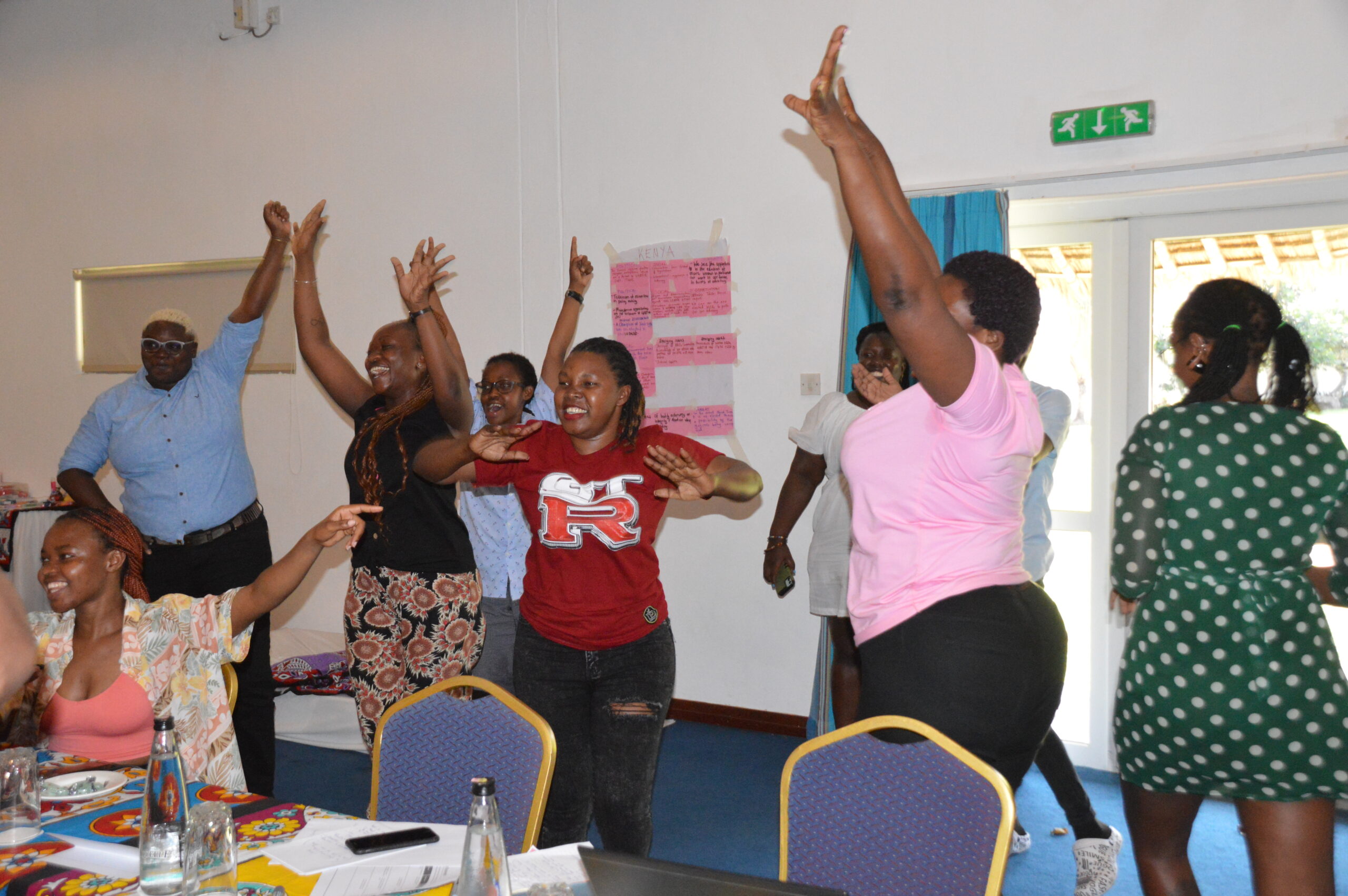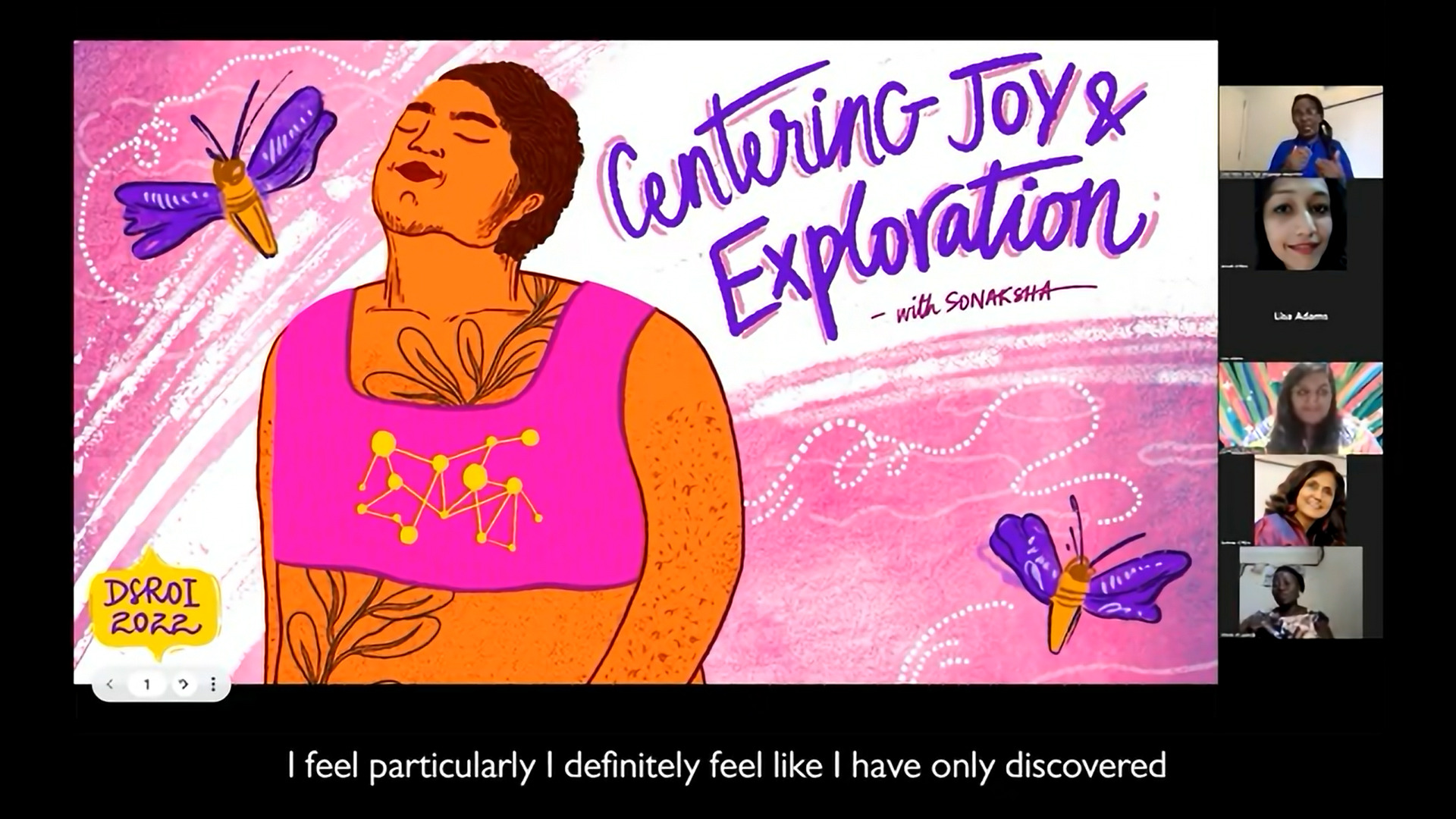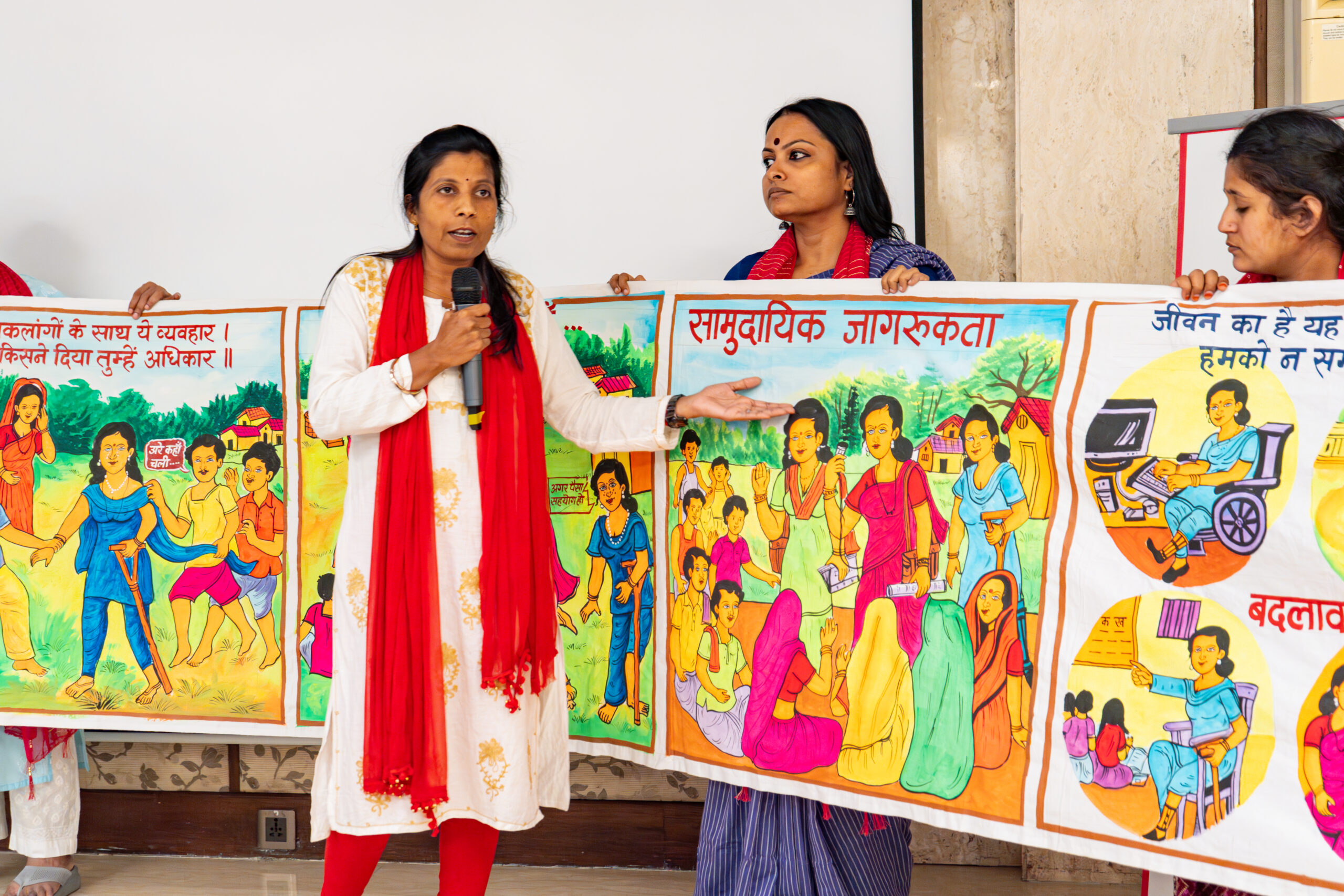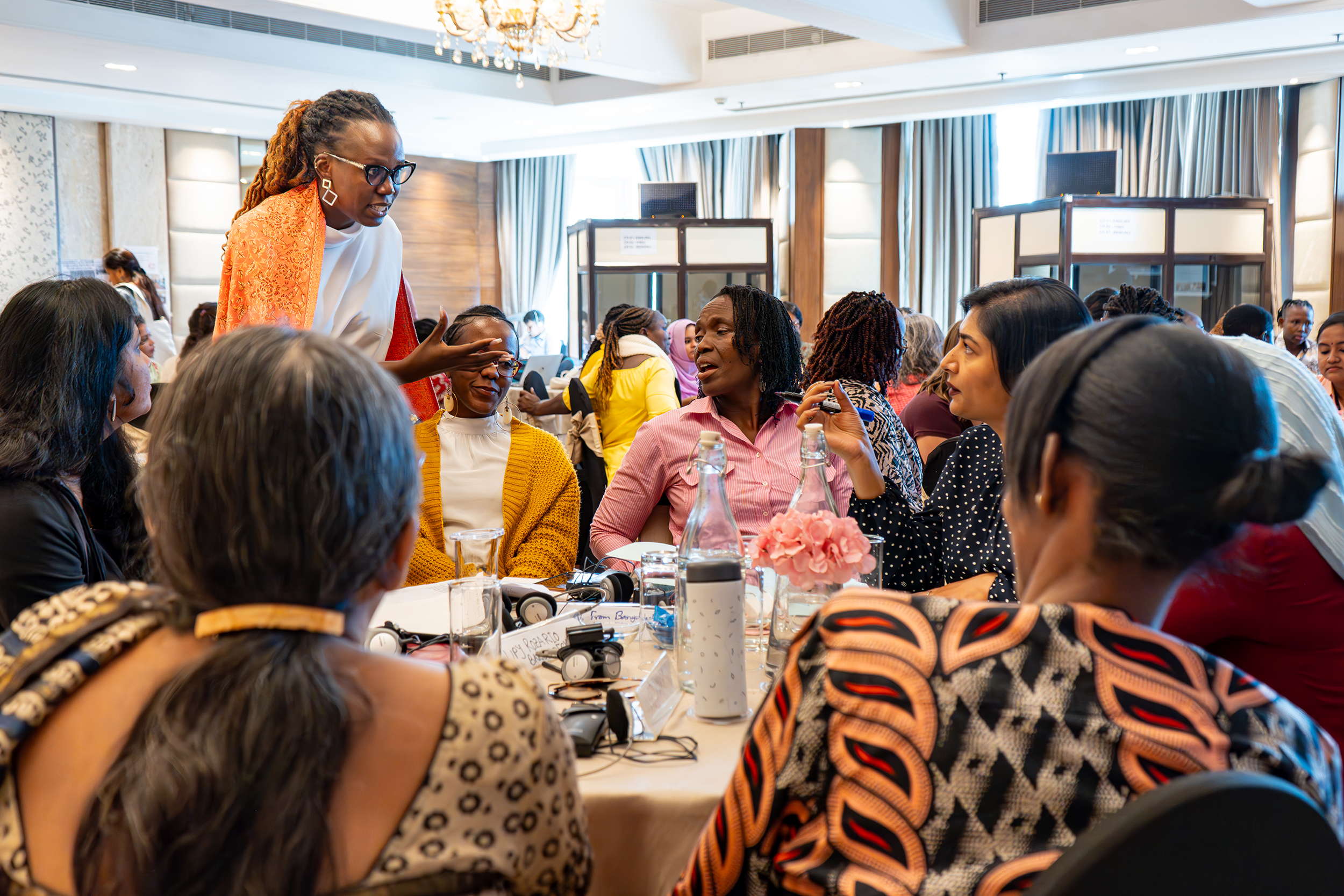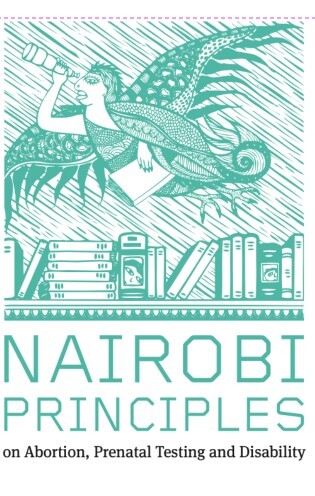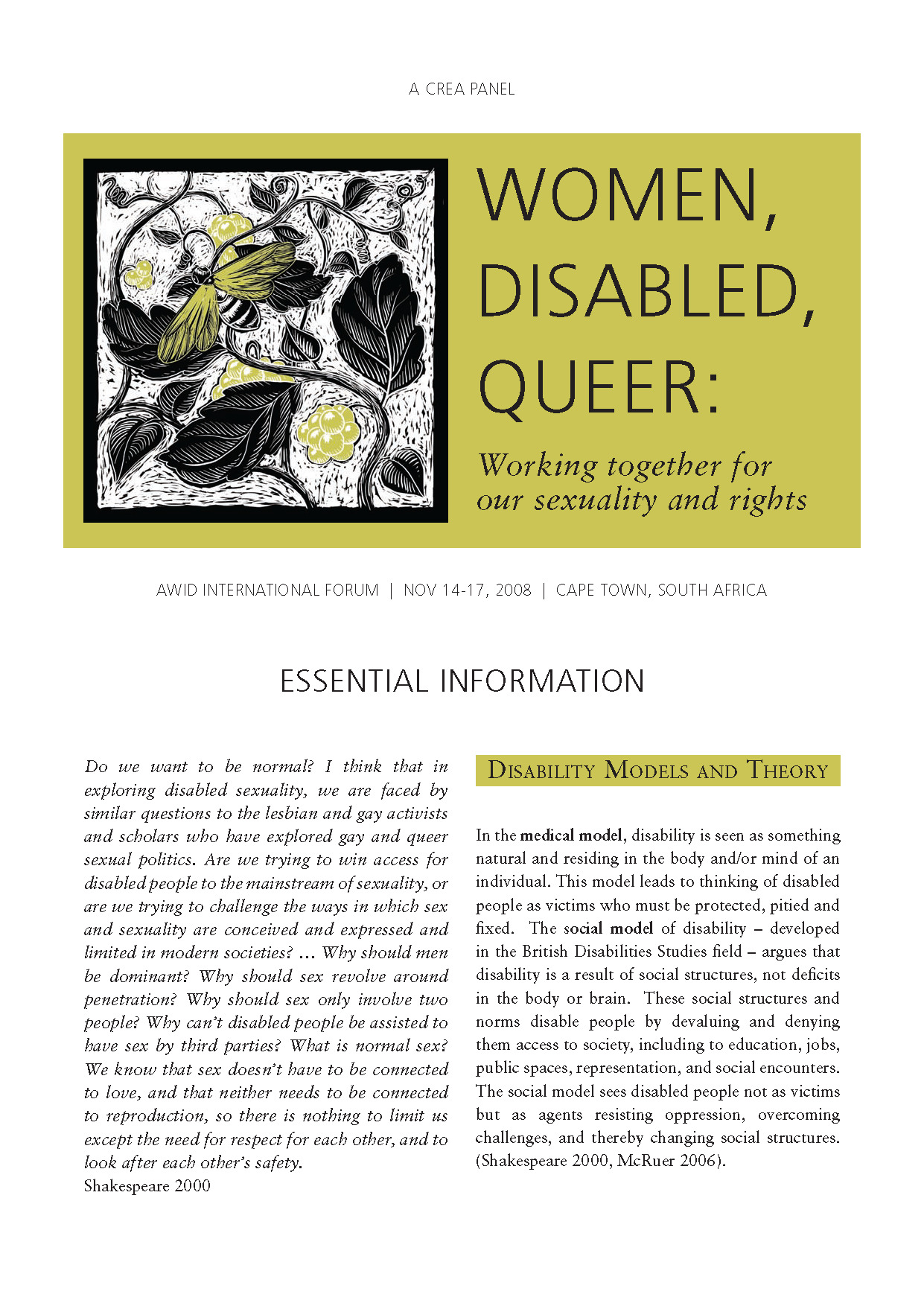SEXUALITY
+ DISABILITY
Intro
our intersectional work with structurally excluded groups focuses on promoting sexual, reproductive, and disability rights and justice while preventing individual harms and tackling stigma and discrimination.
We are a global feminist human rights organization, led by feminists from the global South. CREA builds feminist leadership, strengthens movements, challenges unjust power structures, expands sexual and reproductive freedoms and advances the human rights of structurally excluded women and girls, persons of diverse sexualities, genders and sex characteristics, sex workers, and persons with disabilities.
Our approach is based on centering disability within feminist conversations and practice. CREA works specifically with women, lesbian, bisexual, queer (LBQ), trans, non-binary and intersex persons with disabilities to advance sexual and reproductive rights and amplify their voices in key decision-making spaces.
As feminist allies to the disability rights movement, we strive to collaboratively shape spaces for reimagining the intersection of gender, disability, and rights. Our approach to these rights extends beyond addressing harm; we aim to emphasize joy and pleasure at the center of our efforts.
CREA's Disability, Sexuality, and Rights Online Institute (DSROI) is a yearly global event spearheaded by disabled activists and academics from the global South. DSROI delves into the intricate relationship between disability, gender, and sexuality, prioritizing perspectives from this region. Each year, DSROI brings together about 70 social justice activists from varied geographic locations and movement backgrounds.
create initiative
In January 2022, CREA invited six activists and artists to join its Create Initiative, to generate a deeper understanding of and connections between sexual and gender diversity, intersex rights, disability work and movements, particularly from a global South perspective by supporting the production of knowledge, art and storytelling.
For more than 15 years, CREA has worked to advance the rights of persons with disabilities who experience intersectional exclusion based on their gender and sexuality. We strengthen cross-movement collaboration and dialogue between the disability rights movement and the SRHR movement to enable transformative disability justice. Through the 'Closing the Gap' program, we worked to enhance institutional capabilities to address sexuality and disability in India, Nepal, Kenya, and Uganda.
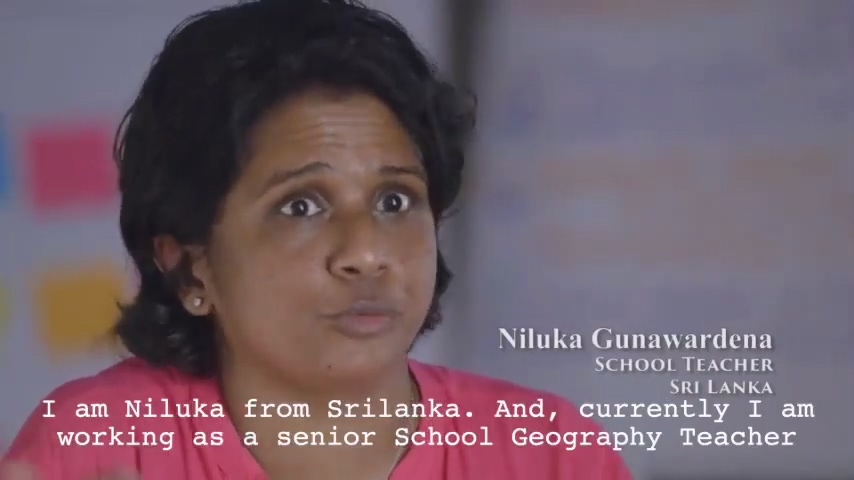
(DSROI) gave me a more concrete, conceptual framework, within which I can place my personal experiences. And that kind of gives you the tools for dialogues, for networking, for mobilizing.
Niluka Gunawardena, DSROI Alum
“I really felt more strong and visible. It was more clear for me that I CAN work on what I stand for, to claim our rights. I think it has reminded me of the power of being in community and having spaces that are built by and for us from the sowing of seeds, rather than as an afterthought.”
- DSROI alumni 2021
“This course provided a great opportunity for me to systematically grasp knowledge and good practices about disability and sexuality. At different points it also prompted me to reflect on my personal experience as a woman with disability, and to use that as a resource of learning.”
– Zhying Ma, DSROI alumni 2016
“The Institute had a big impact on my perspective as a gender and disability activist. Very timely, I was tasked to make a proposal for a regional policy document anchored on the CRPD. I remember a fellow participant in the Institute...I reached out to her with a hope that we could work together in the future and she quickly gave a positive response...we are [now] the first organization...to be working with LGBTQI group.”
– Gina Rose Balanlay, DSROI alumni 2020
“The most interesting bit of my work was that it contributed to my own reflections on how disabled bodies exist in various spaces, both private, public and community, and how the perception of disabled safety varies from person to person.”
– Creator, May 2023
“The narrative writing sessions internally conducted among the members of the collective really helped potential writers to understand how to write about personal experience. That understanding is also reflected in the kind of narratives that have come out of this process.”
– Creator, May 2023
Women Gaining Ground (WGG) is a consortium of three organizations, including CREA, Akili Dada, and IWRAW, working across South Asia and East Africa. It aims to build capacity and transformative leadership for young women and girls, particularly women with disabilities, to address sexual and gender-based violence and increase women’s political participation and in all spheres of their lives. WGG has initiated capacity-building sessions, advocacy, and learning sessions on international treaties, including the Convention on the Elimination of All Forms of Discrimination Against Women (CEDAW) and the Convention on the Rights of Persons with Disabilities (CRPD).
The Count Me In! consortium, led by Mama Cash, is a strategic partner of the Dutch Ministry of Foreign Affairs. Member organizations include CREA, AWID, JASS, and UAF-Africa, and strategic partners Red Umbrella Fund and WO=MEN. The consortium aims for a gender-equal, just world where all women, girls, and non- binary individuals enjoy their rights. It supports advocacy for the prevention and elimination of gender-based violence (GBV), economic justice, and sustainable resourcing of women's rights and organizations.
Held in Kathmandu, Nepal in 2019, reconference brought together over 700 activists, artists and allies from 63 countries for a three-day conference that combined deep scholarship and critical thinking alongside creative representation of pressing socio-political issues intersecting with art, technology and feminism. The global feminist expo aimed to rethink gender, sexuality, disability, sex worker rights; reimagine vision and journeys of change that are more inclusive, creative and rights-affirming; and reboot feminist practice to be more collaborative, cross-movement and intersectional.
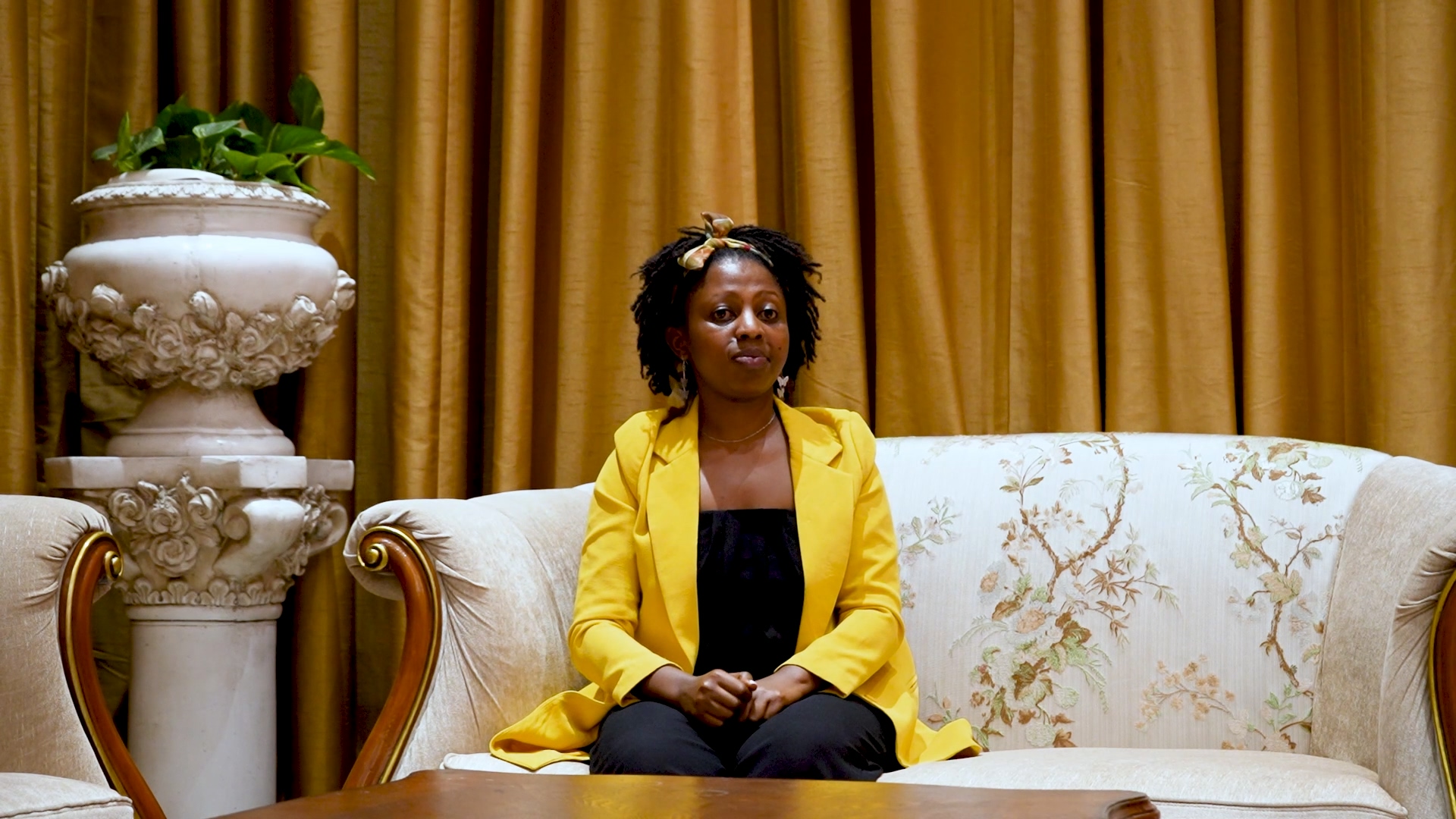
WGG has opened doors and created a very good opportunity for Deaf women organizations to participate in feminist platforms and spaces in the country, local, regional and international level. (...) the Deaf women organizations had no connection with the feminist movement in the country, even at the regional level, but now we are very much connected locally and (...) we are tackling the Deaf women community with an intersectional approach.
Niyonkuru Diane, Rwanda National Association of Deaf Women
The Nairobi Principles explore the intersections between disability and women’s rights with a focus on abortion rights as a starting point for conversation. There is a conflict between the disability rights and abortion rights movement that is challenging to reconcile. While there is a divide on these issues, both streams realise the significance of personal autonomy and self-determination. The Principles were developed to aid in building bridges between the different streams of human rights movements.
While the institution of marriage is criticized for patriarchal and paternalistic structure, in the Indian context, for instance, marriage remains a gateway for many women – and perhaps especially for women with disabilities – to access sexual pleasure, reproductive agency, and caregiving. It therefore becomes critical to understand and further complicate the system of marriage incentive schemes provided in India and its effects on disability, intimate relationships and caregiving for disabled women.
In addition to being fundamental to individuals’ self-determination, decision-making is a key component of consent or agreement by individuals to accept health and social services, to engage in sex and/or reproduction, and to enter into marriage, among other things. In fact, the ability and opportunity to make one’s own decisions influences every aspect of life. For the feminist dialogue to embrace inclusive social justice, it is crucial to engage with this issue to create cross-movement solidarity.
While persons will disabilities are all too often presumed to be desexualitzed, hypersexual, or vulnerable in need of protection, they have the same range of experiences of their sexuality as any person. Crip theory, which takes the social model of disability further and critiques disability theory, can help us bridge movements and conscientiously consider disabled sexuality--which is not simply a private issue of sexual acts and liaisons, but links the private and public and the individual and community.
Support our vision of a just and peaceful world, where everyone realizes their autonomy, dignity, and equality.
Join us in creating lasting impact!
crea x t brand studio
Supporting resources for Disability, Sexuality and Consent: How Activists Are Reshaping the Narrative
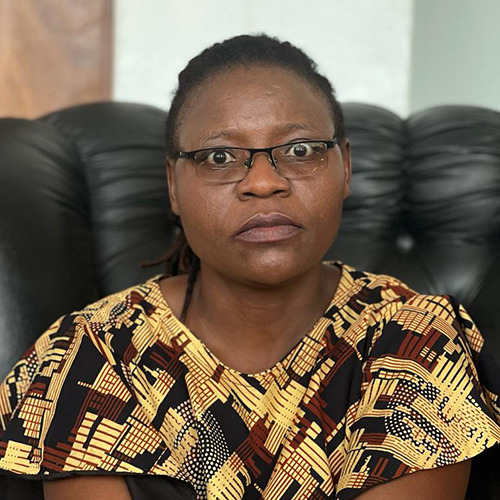

Agness Chindimba
Agness Chindimba has 15 years of experience working with deaf children and young women with disabilities, She is actively involved in advocating for equitable rights, access, and opportunities for women and girls with disabilities. Among her many achievements, Agness was the coordinating team that translated the national constitution into Sign Language in 2018. Agness is a Mandela Washington Fellow (2016), Agness has attended coursework in human rights, leadership, and feminism, and continuing research interests include inclusive education, Feminism and disability, sexual reproductive health and rights, and access to information. She is an alumni of CREA-Disability, Sexuality Rights Online Institution (2020)
Website: http://www.deafwomenincluded.org/
Facebook: https://www.facebook.com/deafwomenincluded


Catalina Devandas
Catalina Devandas Aguilar of Costa Rica is a lawyer by training and a human rights advocate. She was appointed as the first United Nations Special Rapporteur on the Rights of persons with disabilities in 2014, and served until August 2020.
Ms. Devandas Aguilar has worked extensively on disability rights and inclusive development for the past 20 years, including with the World Bank, the United Nations Department for Economic and Social Affairs, and international donor organizations that supported the work of organizations of persons with disabilities to promote the implementation of the Convention on the Rights of Persons with Disabilities. She was previously part of the disability rights movement at national, regional and international level and continues to work closely with organizations of persons with disabilities.
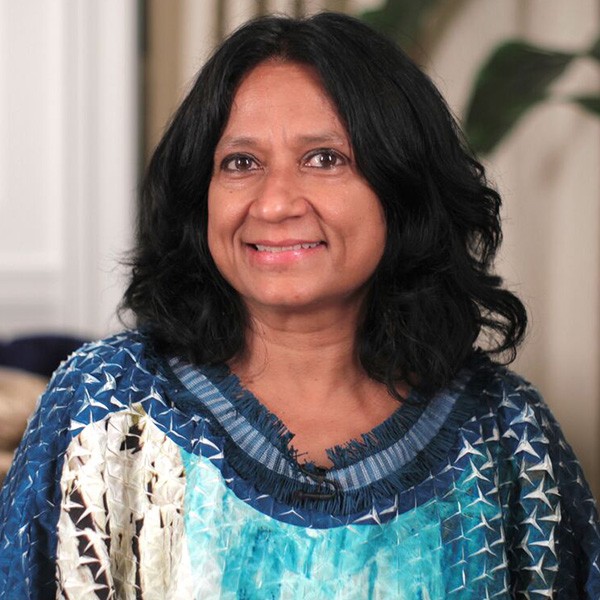

Geetanjali Misra
Co-Founder and Executive Director – GlobalGeetanjali Misra is the Co-Founder and Executive Director – Global of CREA and has closely worked at the activist, grant-making, and policy levels on issues of sexuality, reproductive health, gender, human rights, and violence against women. She holds Master’s degrees in International Affairs from Columbia University, US, and in Economics from Syracuse University, US.
Previously, she has worked as a Program Officer at Ford Foundation, taught as an adjunct professor on the intersection of LGBT issues, sexual rights and public health at the Columbia University Mailman School of Public Health and supported non-governmental organizations in India, Nepal, and Sri Lanka working on sexual and reproductive health and rights. She is also a co-founder SAKHI for South Asian Women in 1989, a non-profit organization in New York, committed to ending violence against women of South Asian origin. Formerly, she has been Chair of the Boards of Reproductive Health Matters (UK), a global peer reviewed journal on sexual and reproductive health and rights and Mama Cash (the Netherlands).
She was a Board Member of FHI 360 (USA) and also served as President of the Board of the Association for Women’s Rights in Development (AWID) where she led a strategic planning and organizational development process leading to changes in leadership roles and structure. In the past, she held several key advisory roles such as being a Member of Cordaid’s Expert Advisory Group (the Netherlands), served as a core member of the Action Plus Coalition for Rights, Education and Care in HIV/AIDS (India), was regional and Global Advisor for Global Fund for Women (USA) among others.
She writes on issues of sexuality, gender, and rights, and has co-edited ‘Sexuality, Gender, and Rights: Exploring Theory and Practice in South and Southeast Asia’ from SAGE. She is also author of ‘The Power of Movements’ published by AWID.
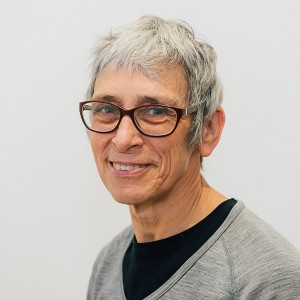

Janet Price
Janet Price is a disabled feminist active in queercrip politics, and is based in Liverpool, United Kingdom, with links to Taranaki, New Zealand. In Liverpool, she is on the board of DaDaFest, a disability and deaf arts organisation with a growing global reach. She has also made long-term academic contributions to the gender groups at Liverpool University and at the Liverpool School of Tropical Medicine.
Through friendships, Janet has a connection of over 30 years with social justice activism in India. In particular, she has been involved with CREA, a Delhi-based feminist, human and sexuality rights organisation. Over several years, she has helped enhance CREA’s involvement with disability issues, increase the presence of disabled people in their staff and training and ensure inclusion of disability as an aspect of intersectional understanding. In addition, Janet is a partner in the creation of a coalition of groups working in disability, sexuality and justice across Africa.
Janet hopes that the expansion of disability art will enhance all people’s understanding of the prejudice disabled people face, the battles they must fight daily and the skills, talent and insight they bring to ways of living life fully and with pleasure. Janet writes intermittently, contributing through blogs, discussion papers and occasional journal and book articles, commonly jointly authored.
Source: Rising Flame
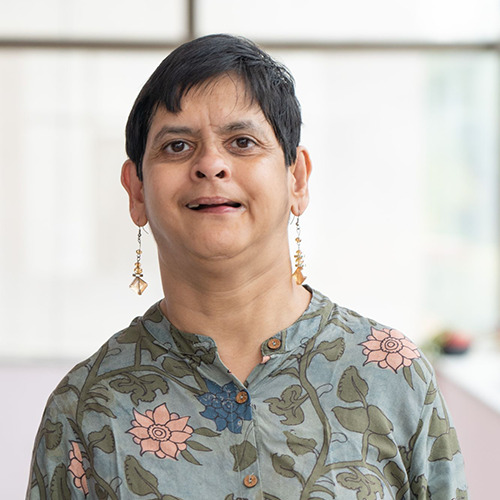

Jeeja Ghosh
Jeeja Ghosh is a disability rights activist from India. She holds a master degree in Social work and Disability Studies. She is presently working in EnAble India in Bangalore as a manager
LinkedIn Link: https://www.linkedin.com/feed/
Organization Link: enableindia.org
Facebook Link: https://www.facebook.com/jeeja.ghosh/
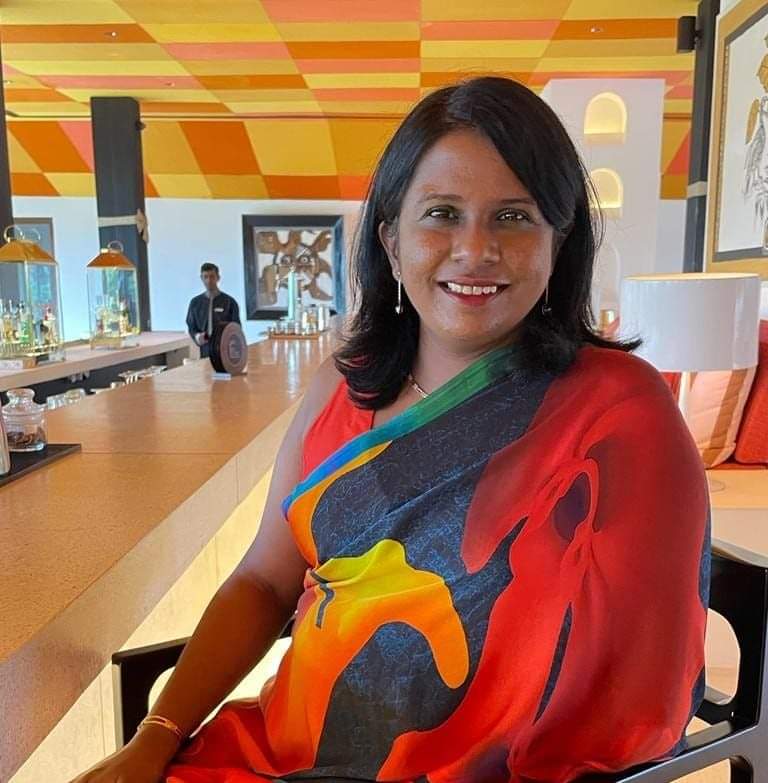

Niluka Gunawardena
Niluka Gunawardena is an educator, researcher and disability rights activist based in Colombo, Sri Lanka. She is a Visiting Lecturer at the University of Kelaniya and an independent consultant for several international organizations. She is a faculty member of CREA’s Disability, Sexuality and Rights Online Institute (DSROI) and she serves on the Board of Women Enabled International.
Niluka earned a Master of Arts degree in Disability and Gender (with Distinction) from the University of Leeds, UK. She is a Visiting Lecturer in Disability Studies at the University of Kelaniya and the University of Colombo. She is a consultant to the AHEAD project conducted by the Centre for Disability Education, Research, and Practice to create an accessible and inclusive learning environment for all students at the University of Colombo. She is on the teaching team of CREA’s Disability Sexuality and Rights Online Institute and SGRI. She has taught Geography and Earth Science to secondary school students for several years and is currently working on introducing Mindfulness to schools in association with Mindful Educators.
Niluka regularly conducts community and corporate training workshops on disability awareness and rights. She is a researcher who has worked on evidence-based policy for organizations like the Human Environment Research Observatory, Equal Ground, and BBC. She serves on the Advisory committees of Arrow, HYPE Sri Lanka and LIRNEasia among others.
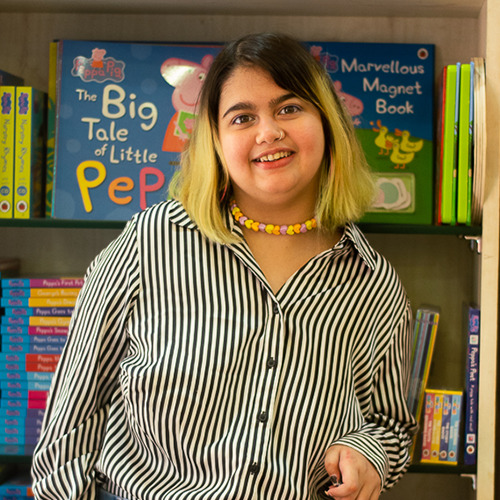

Nu
Having grown up in their mother’s independent bookstore, Nu (They/He) is a trans-disabled non-binary person who founded UN-recognized Revival Disability India – Magazine and Community. They’ve won the Laadli Award (2022) for their writing on disability based queer violence. They are a published author with Penguin Random House and are currently working on their solo book. They have been featured on publications such as Elle Magazine (2023) and UN Women Asia and the Pacific (2023). Their work involves working with technology and creating safer digital spaces for queer and disabled folks online. They believe in creating communities of care and collective joy. They are a part of the LBQ cohort by Outright International, and have spoken at various national and international conferences such as Women Deliver. In 2023, they are a part of a QUEERTWENTY list by Egomonk which celebrates expertise within the LGBTQIA+ community. A disability justice author and curator, they collaborated on several spaces that have reclaimed disabled joy, rage, rest and movement. A CREA fellow ’22, and a TISS master’s graduate in gender studies, they work on campaigns surrounding disability based violence and SRHR.
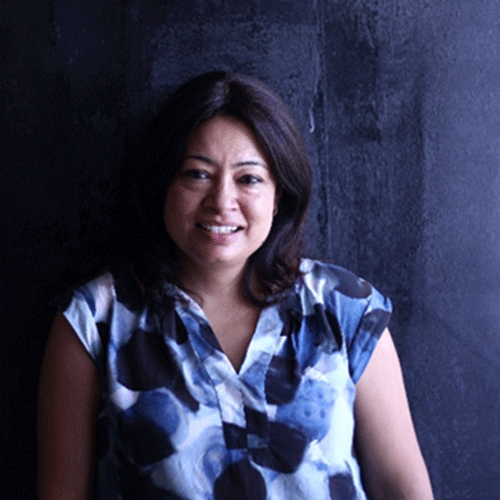

Bidhata KC
Bidhata KC is a Nepali visual artist. Through installations, paintings and prints, she primarily investigates the issues of identity, material culture, and the relations between the old and the new in our daily lives. Her works are inspired by the centuries-old artistic traditions of her native country to create striking images of contemporary narratives.
In 2011, her painting ’Marginalized identity’ was recognised with the ‘Special Mention Award’ in the National Fine Art Exhibition in Nepal. She was represented by the Nepal Art Council in the India Art Fair 2016, and she was one of the 15 commissioned artists for the 2017 Kathmandu Triennale. She was also honoured as the ‘Artist of the Year, 100 Most Influential Women of Nepal’ and the ‘Australian Himalayan Foundation Art Award’ in 2018. Recently, she was selected by the US State Government to attend the program ‘Social Change Through Art under the International Visitor Leadership Program in 2022.
Website: https://bidhatakc.com/
Instagram: https://www.instagram.com/bidhatakc/
Facebook: https://www.facebook.com/bidhata.kc
Twitter: @bidhata_kc
Linked: https://www.linkedin.com/in/bidhata-kc-1710b478
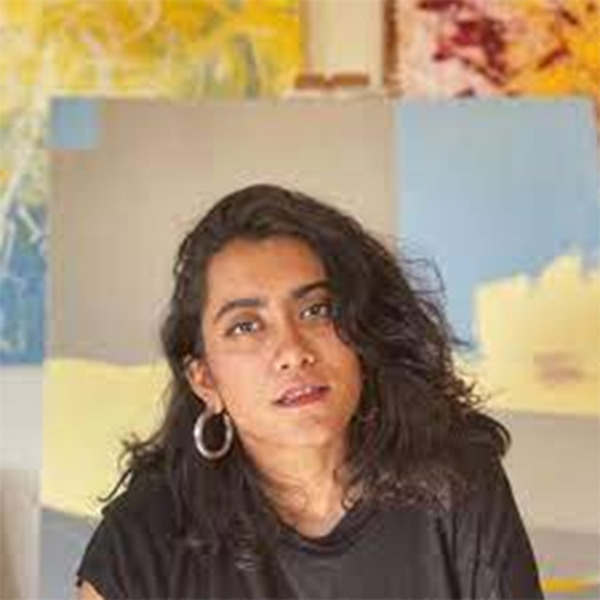

Kim Kaul
Kim Kaul is a painter and a poet who lives and works in Mumbai. Her work plays with the idea of self: how, in this vast landscape of our emotion, can we understand why we feel the things we do, and how they manifest into our behaviour? As someone who has experienced mental illness, she has spent a vast majority of her time being intimately aware of her emotional responses. Through her work, she aims to dissect the emotions we encounter through our environments and experiences and make sense of them from an intimate, personal perspective.
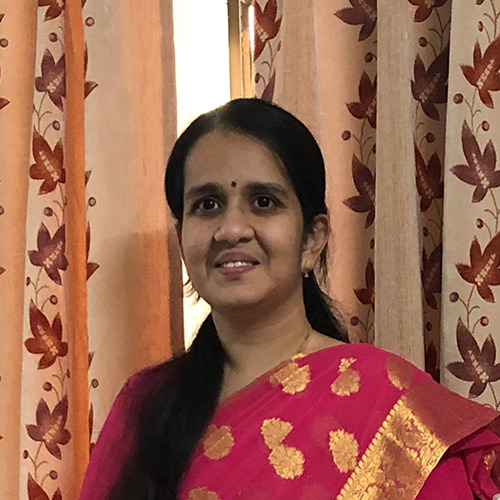

Manasi B
Manasi, a postgraduate of Fine Arts with hearing impairment, channels her profound connection to nature onto canvas. Her artistic journey began at a tender age of three, revealing an innate talent. With remarkable speed, she mastered painting techniques, excelling in various media like acrylic, watercolors, pen, charcoal, and mixed media. In her abstract art, she eloquently communicates thoughts unspoken, demonstrating her artistic prowess. Her “Signs in Life Series” showcases the simplicity of sign language, connecting it to nature and everyday life. Manasi’s vibrant art reflects Indias diverse beauty, inspired by her extensive travels across the nation. She is also a skilled photographer.
Her career has flourished, winning prizes in numerous competitions and exhibiting in prestigious art shows nationwide. Manasis passion extends beyond her art; she imparts her knowledge as an arts and crafts teacher at Clarke School for the Deaf and Mentally Retarded in Chennai, enriching young minds and nurturing their creativity. She now teaches drawing online, further expanding her impact.
Her impressive list of group shows attests to her talent and dedication, making her a celebrated figure in the art world.
Instagram: https://instagram.com/manasibhallamudi?igshid=OGQ5ZDc2ODk2ZA==
Instagram: https://instagram.com/manas.i91?igshid=OGQ5ZDc2ODk2ZA==
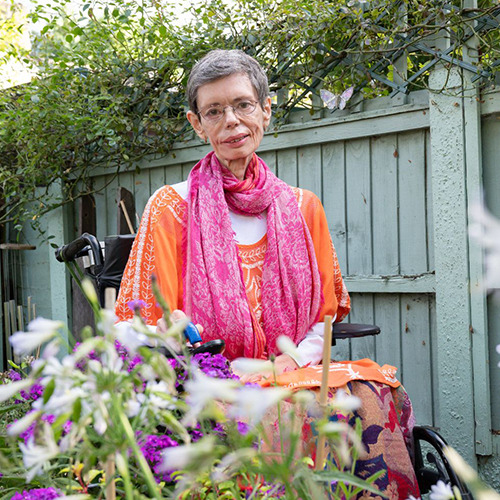

Nancy Willis
Nancy Willis is a London-based artist who has been exhibiting since the early 1980’s. She works with a range of media from painting and printmaking to sculpture and moving image. Drawing on her experience of life as a disabled woman, she explores themes of love, loss, resistance, and vulnerability.
Throughout her career, Nancy has combined her art with a deep engagement in issues of equality and inclusion. She curated some of the first exhibitions that helped establish the Disability Arts Movement in the UK.
Four of Nancy’s artworks have been selected for the upcoming exhibition Women in Revolt! At Tate Britain.
Website: https://www.nancywillis.co.uk/
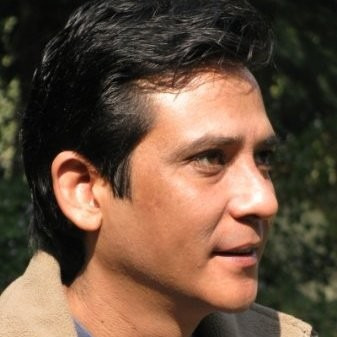

Pavan Buragohain
Pavan is a graduate from the National Institute of Design, Ahmedabad. Over the last 17 years, Pavan has worked as a Consulting Creative Designer and Supervisor on a wide range of projects which include, Animation Feature, Television Commercials and Design.
His key achievements include; National Award Winning Animated Short Film “Ae Bhai Jara Dekh ke Chalo” and CG Animated Feature “Arjun” as its Creative Director.
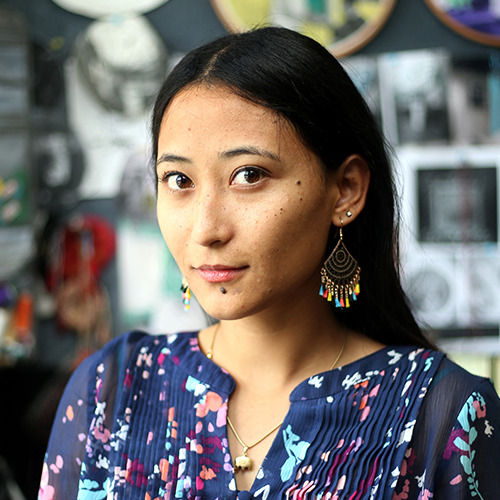

Priyanka Singh Maharajan
Priyanka Singh Maharjan is a Kathmandu-based visual artist and an art educator. She completed her Bachelor in Fine Arts degree from Kathmandu University, Centre for Art and Design in 2018. Her art practices are mostly focused on her past and re-interpretation of memories through diverse mediums. She is currently exploring giving visual structures to intangible but real elements of her past/memories through photographs, embroidery and pen works.
She had her first solo exhibition ‘The realm of recollections’ in 2021 and has participated in many group exhibitions including National exhibitions. She has also showcased her artworks in international exhibitions like Kochi Student Biennale 2018-2019, Kerala, Angkor PhotoFestival, Cambodia 2020, Sovereign Asian Art Prize Finalist exhibition 2023 in Hong Kong and Zurich International Festival 2023 in Switzerland. Besides working as an artist, she has been involved as an art educator in Srijanalaya, a non-profit organisation dedicated to alternative forms of art education in Nepal.
Instagram: pre_yanka
Website: https://preyanka.
- Feminist Leadership Toolkit – Srilatha Batliwala
- Feminist Mentoring – Pam Remer
- Easy-to-Read Summary on CREA and SRI Meeting
- Global Dialogue on Prenatal Testing, Abortion and Disability
- Global Convening on Disability and Sexuality
- RHM 2017 Disability x SRHR
- Disability rights can we please talk about sexuality
Open dialogue is at the heart of our work and we welcome your feedback on this article. Please start a conversation and share your thoughts with us:
